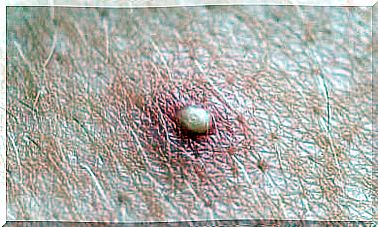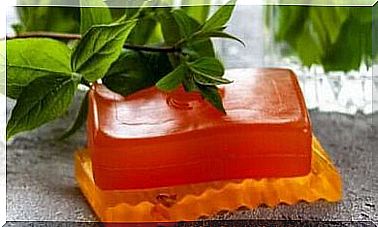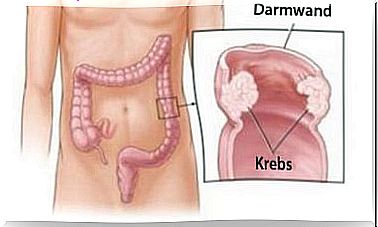Intestinal Healthy Diet
An intestinal healthy diet ensures that the intestinal flora and intestinal mucosa remain healthy and that digestion takes place without constipation or diarrhea.
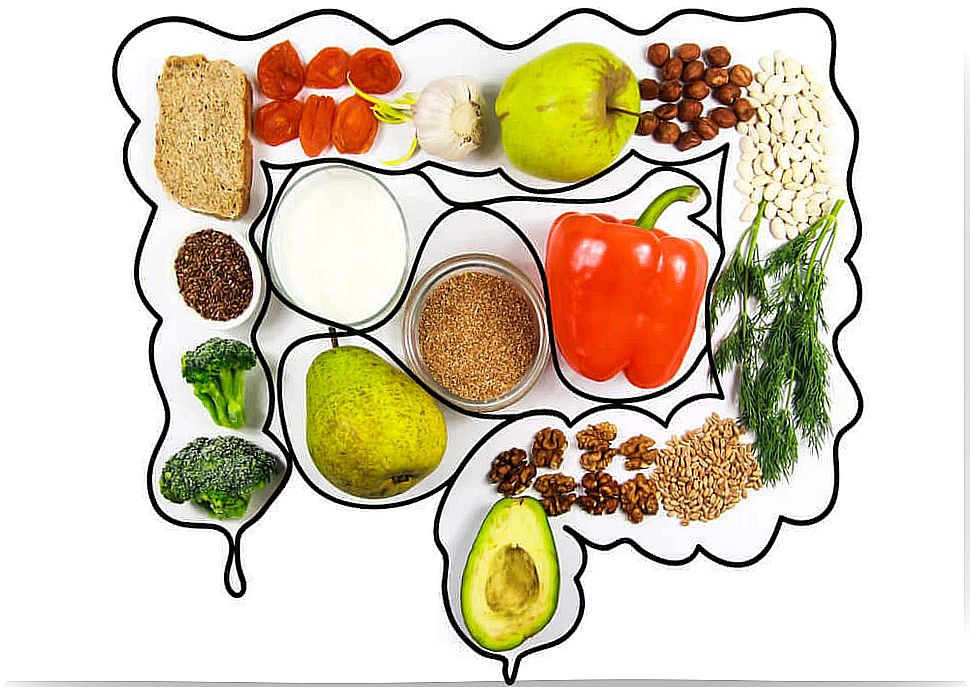
A healthy intestinal diet can prevent illness and digestive problems. A healthy intestinal diet is therefore not only healthy for the intestines, but for the entire organism. Find out what’s important!
What is an intestinal healthy diet?
In order to practice a healthy intestinal diet, you don’t have to swallow any prebiotics in tablets and you don’t have to consume any expensive special products with left- or right-handed probiotics. A healthy intestinal diet has nothing to do with functional food , but with generally healthy nutrition.
The intestinal-healthy diet serves to avoid diseases of the intestine such as inflammation of the intestinal mucosa, colon cancer or digestive problems such as flatulence, diarrhea or constipation. This happens via an optimally trained intestinal flora, which you promote with a healthy intestinal diet. The following tips are the keys to a healthy bowel diet:
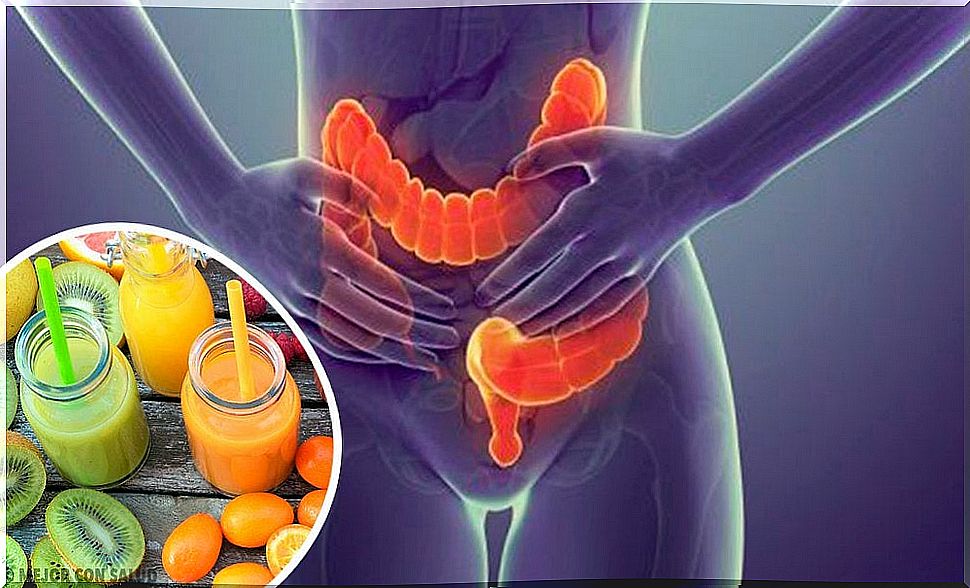
Drink, drink, drink!
If you don’t drink enough, your intestines don’t have enough fluid to work optimally – the stool becomes hard and firm. Two liters of water are the minimum for a sluggish bowel, but for constipation it can always be more!
Make sure that the amount you drink is not only calorie-free, but also non-carbonated, because carbonic acid can promote flatulence and is a completely unnecessary addition to today’s soft drinks for the body.
Fiber
In today’s modern diet with many industrially manufactured meals and foods, there is a lack of fiber. Dietary fiber ensures a high volume of stool and nourishes the healthy intestinal bacteria – our actual digestive organ.
Dietary fiber “feeds” the healthy intestinal flora and is an absolute basic component of a healthy intestinal diet. Fiber is found in fruits, vegetables, and whole grains.
whole grain products
In order to absorb more fiber, vitamins, minerals and secondary plant substances, you should always make sure that your cereal products are made from whole grain flour. This includes all baked goods such as bread, cookies and cakes, but also pasta and cereals. This not only prevents constipation, but also colon cancer!
Whole grain products also have the advantage that they ensure long-lasting satiety and therefore prevent food cravings. An intestinal-healthy diet could start in the morning with oatmeal or a wholemeal bread roll.
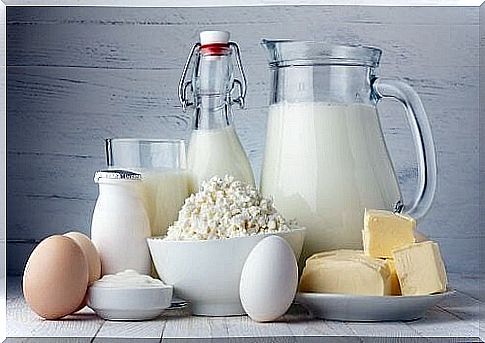
Lactic acid bacteria
Lactic acid bacteria support a healthy intestinal flora. You don’t have to buy the expensive probiotic dairy products that are advertised as health-promoting. Capsules or tablets with yeast, lactic acid bacteria and other additives are also unnecessary, because a healthy intestinal diet is entirely possible without food supplements!
A varied supply of these bacteria from different sources is just as good and is much cheaper: Natural yoghurt of various yoghurt bacteria (“mild” or “Greek”, …), kefir, but also sauerkraut and kimchi (white cabbage, spicy and sour fermented) contain lactic acid bacteria ! If you consume such foods regularly, you will effectively prevent flatulence! Drinks with such digestive lactic acid bacteria are kefir, ayran, drinking yoghurt, but please always without sugar!
Little animal fat
True to the principle “a little of everything”: a little meat and animal fat is okay, but not too much of it. Animal fats mainly contain unfavorable saturated fatty acids. Studies show that eating red meat from pork, beef or lamb in particular increases the risk of developing colon cancer. If meat, then lean and as light as possible, i.e. poultry or fish.

Unsaturated fatty acids
Unsaturated fatty acids such as those in rapeseed oil protect against colon cancer. There are monounsaturated, diunsaturated and polyunsaturated fatty acids. What they all have in common is that they are liquid at room temperature. Monounsaturated fatty acids are found in olive oil, rapeseed oil and many nuts and seeds, for example. The body is able to produce these monounsaturated fatty acids itself; therefore they are not essential.
The diunsaturated fatty acids include linoleic acid, for example, which is contained in safflower or sunflower oil. Polyunsaturated fatty acids can be found in fish, corn oil, but also in safflower oil or nuts. The body cannot produce polyunsaturated fatty acids itself, so they are essential. If fat, then healthy, vegetable oils, preferably cold-pressed and in organic quality!
No alcohol
Alcohol basically damages the cells due to its drying effect. Even small amounts of alcohol can damage the intestinal cells. If there is alcohol, then little. And never regularly! By abstaining from alcohol, you have been shown to prolong your life and reduce your health risk.
A diet that is healthy for the intestine is roughly summarized as follows:
- mainly vegetable,
- high in fiber,
- non-alcoholic,
- rich in whole grains,
- rich in fruits and vegetables and
- rich in various lactic acid bacteria.
In addition, a healthy intestinal diet is supplemented by sufficient non-carbonated, calorie-free drinking liquid.


